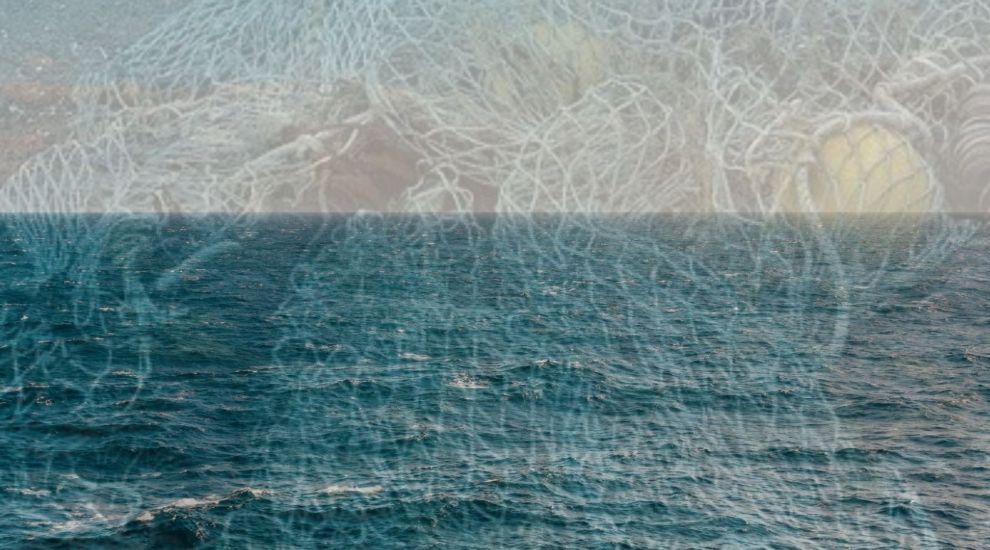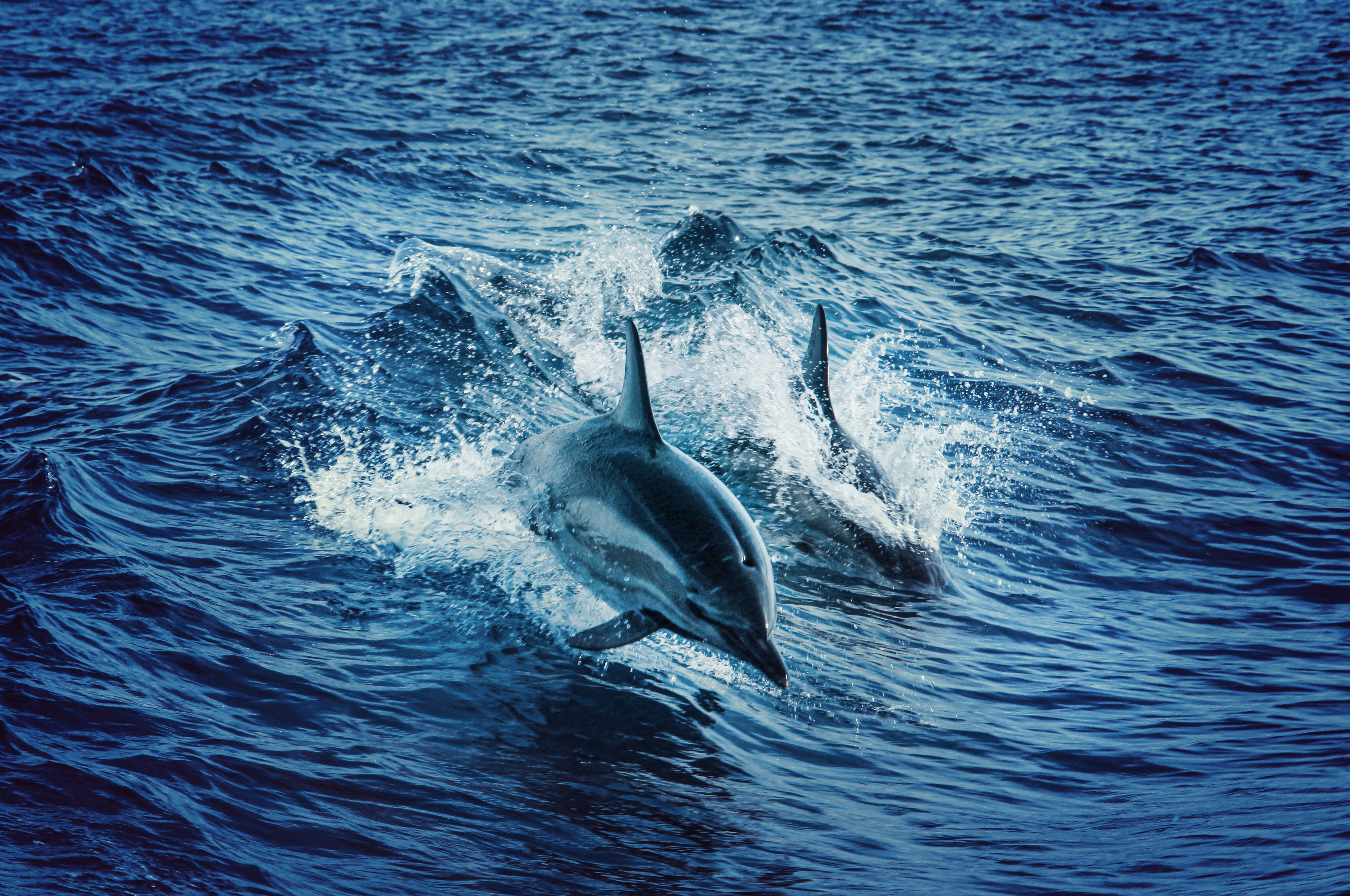


Recent dolphin deaths are a symptom of wider issues with fishing laws, the President of the Jersey Fishermen's Association has said.
Don Thompson hit out at the Bay of Granville Treaty, stating that it is allowing French pelagic trawlers to “decimate” Jersey’s ocean resources.
Sharing his thoughts on the two dolphin corpses that were found at St. Aubin’s Bay and El Tico on Friday, Mr Thompson told Express: “It’s a little bit unfortunate that many people jump to the conclusion that dolphin deaths are just a result of trawling in general.
“I’ve come from a background of many thousands of hours trawling without ever killing a dolphin. We know that it comes down to one very specific form of trawling: pelagic trawling.”
Pelagic trawling is a form of trawling involving two boats towing a large net through mid-water to catch large shoals of fish, and differs from other forms of deeper sea trawling such as demersal trawling.
Pictured: Fishermen marched in opposition to the Bay of Granville Treaty in February.
Dolphins inadvertently caught by pelagic trawling usually end up caught in fishermen’s nets and hauled up onto the boat with the catches. When their bodies are brought up onto the boats, they are tied round with rope, hoisted up and then dropped back into the water.
Mr Thompson explained that the rules of the Bay of Granville Agreement mean that Jersey has next to no say over regulating French boats with permits, and that it is entirely legal for them to do pelagic trawling in much of Jersey's waters, which he said significantly "impacts spawning stocks."
Another example he gave of these regulatory differences revolves around the Bluefin Tuna, which is currently banned from being caught in Jersey to help protect the species - however, due to the Bay of Granville agreement, French boats are still allowed to catch it.
Summing up his thoughts on the agreement, he stated: “Everyone realises that our treaty is flawed - it hasn’t functioned as intended, with uncontrolled fishing in our waters, decimation of fish stocks… all happening legitimately within the terms of a Granville Bay treaty we all to desperately need to move beyond.”
A Marine Resources spokesperson said that around 10 dolphins are found dead on Jersey shores a year, and that around five of these are a result of pelagic trawling.
Though there are no local pelagic trawlers, the spokesperson said they know of two vessels in France that use Jersey waters.
However, whilst the spokesperson said said they were “reasonably certain” that pelagic trawling had caused the dolphins’ deaths, they added there was no way to be sure whether they had been fished from Jersey waters or whether they had been swept in from UK waters and trawlers by high winds.
“In terms of who was responsible, that’s a very difficult one to answer,” they explained. “Because the common dolphins we have around here are to the West of the island, and the dominant current winds are from the west - whether those animals were killed in local waters or from offshore and came into our area is a difficult one to answer.”

Pictured: Around 5 out of 10 dolphins washed up dead on Jersey shores are a result of pelagic trawling bycatches.
They added that with the South of England facing similar, even larger-scale issues with dolphin bycatches, it was also possible that the bodies were swept from across the Channel to Jersey.
Equally, the lack of reporting measures in place make it hard to determine how many bycatches there actually are in Jersey waters.
“There is no obligation under EU or local laws to report dolphin bycatch – we have asked for data from France the amount of dolphins picked up in Jersey waters, but have not been given that information.”
Earlier this year, a petition for the Environment Minister to rip up the Bay of Granville Treaty reached over 1,000 signatures.
However, the Minister refused to do so, arguing that it is better than having no deal whatsoever.
Comments
Comments on this story express the views of the commentator only, not Bailiwick Publishing. We are unable to guarantee the accuracy of any of those comments.